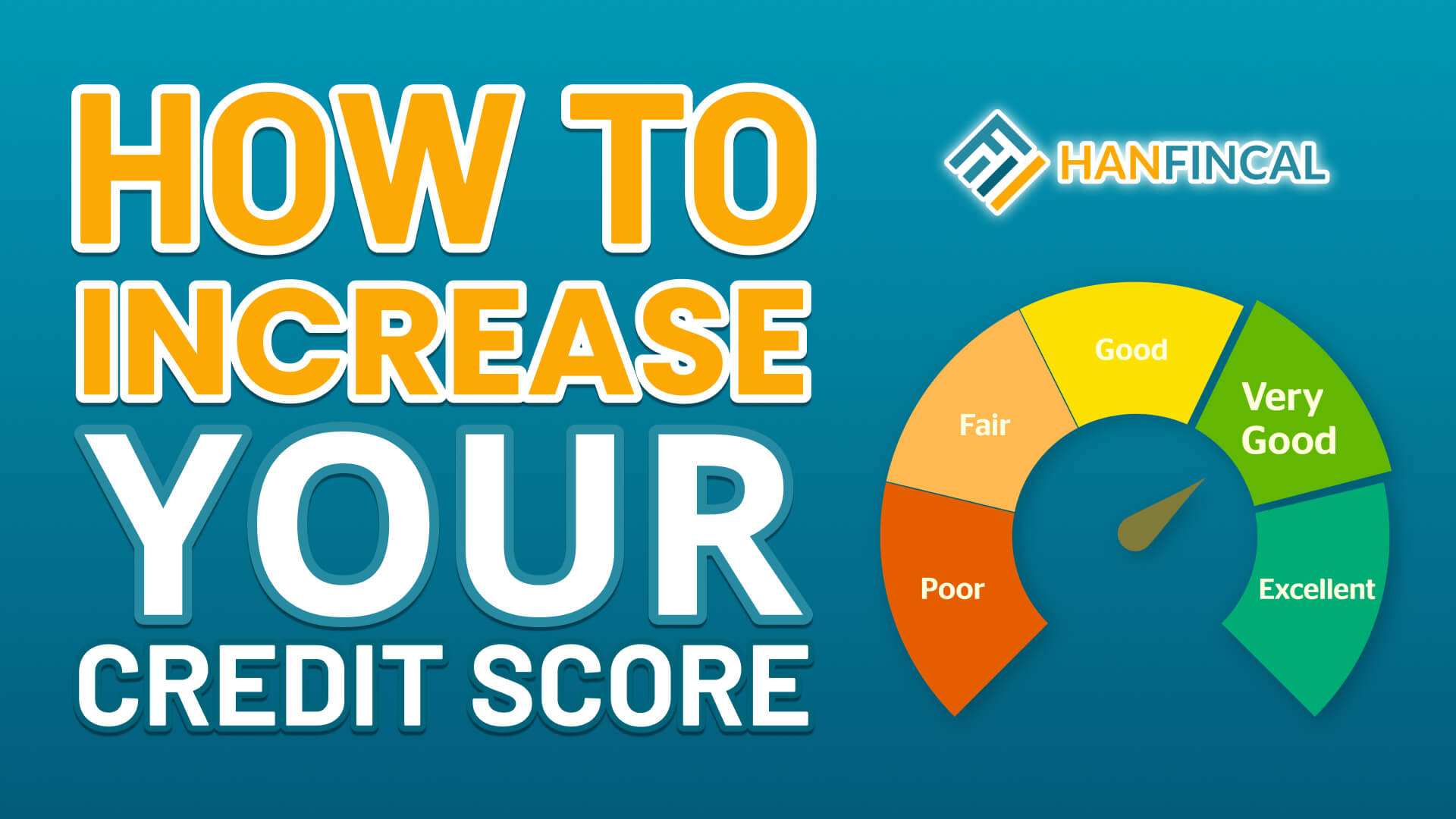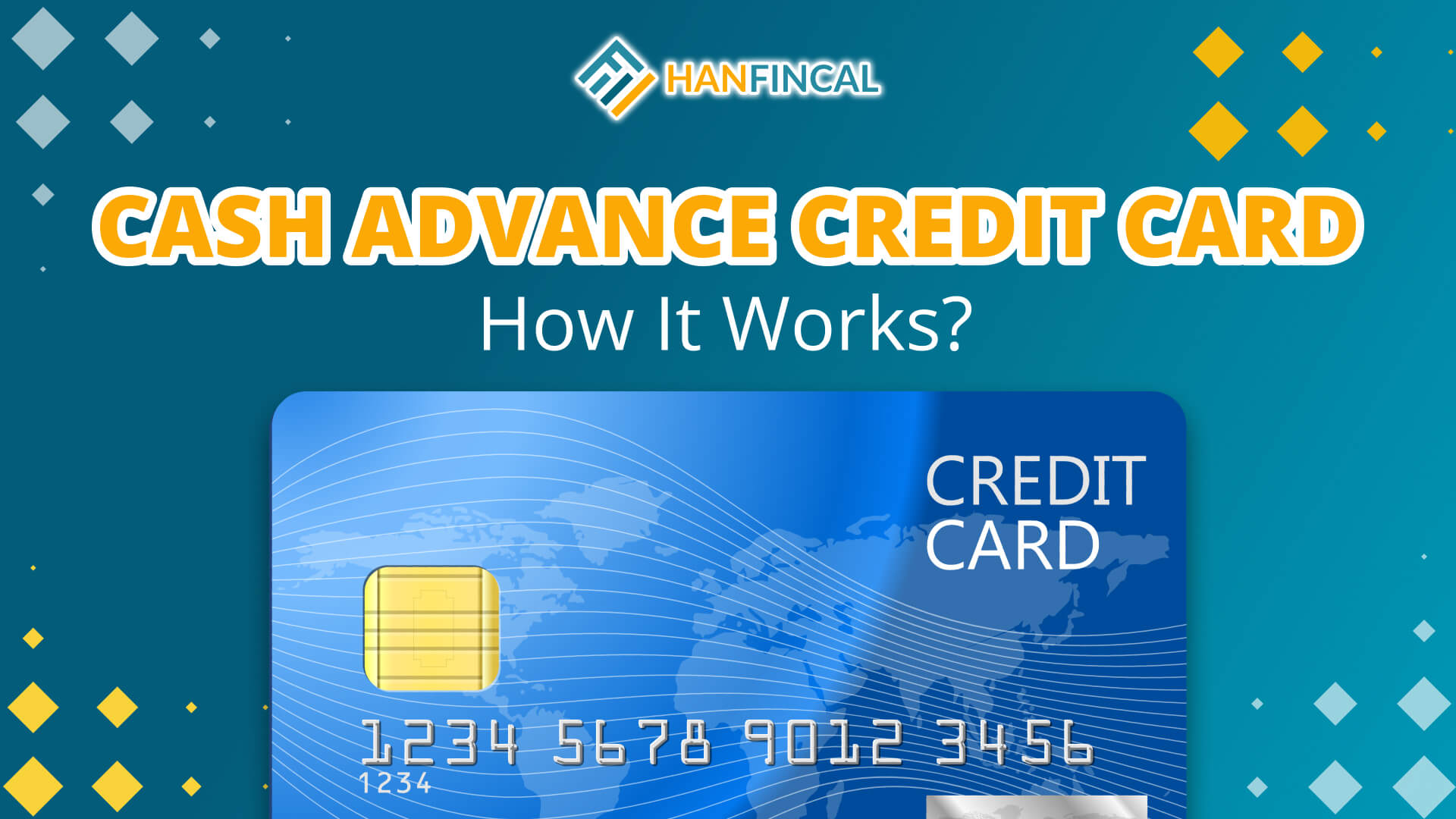Can you pay student loans with a credit card? Are you struggling with this question and don’t know how to deal with it? Don’t worry. Many people have the same problem as you. Hanfincal will tell you whether you should use these cards to pay off debt and what you should think about before doing so.
1. Can you pay student loans with a credit card?
You can pay off student loans with credit cards, but only for private student loans, not for federal ones. This is because the United States Treasury Department no longer accepts credit card payments for student loans. However, some people continue to seek ways to transfer their student loan balances to a (cashback) credit card. Before doing so, you should consider whether or not to take advantage of the credit rewards.
If you work with a student loan servicer that accepts credit card payments for no or low fees, you may be able to earn significant cashback by using your credit card to pay your loan. It also depends on whether or not you pay your credit card bill in full each month.

Can I pay off student loans with credit cards?
2. Why paying student loans with credit cards is risky?
Using credit cards to get rid of student loans puts your financial health in another debt – credit card debt. And in some cases, credit card debt will create an additional burden for you because interest rates are not favorable for students.
Depending on how much debt you have and the credit limit on your card, you may not be able to cover it all with a credit card. However, there are a couple of options:
- Balance transfer to a credit card: If the interest rate on your credit card debt is lower than the interest rate on your student loans, why not transfer the debt to a credit card? You could use the card to make payments instead. Balance transfers may incur a fee. Other options, such as cash advances or convenience checks, may be available from credit card companies. However, those methods may be more expensive due to additional fees or higher interest rates.
- Third-party payment services: As previously stated, a few private lenders do not accept credit cards. To address this, look for third-party payment services to take your credit card payment and then pay your lender on your behalf. Consider this option carefully because these services typically charge a fee for each transaction.
Depending on the credit card, you may also need to pay closer attention to the following details when paying off student loans with credit cards:
- Fees and interest charges: You may be charged a transfer or service fee if you move your student loan debt. Furthermore, most credit card interest rates are higher than student loan interest rates.
- Introductory offers: Some credit cards may come with low-interest introductory offers. However, these promotions are only available for a limited time, and the offers will initially be appealing to you. When they expire, you may be charged the standard rate on your credit card for any remaining balance. There may also be restrictions on how much student debt you can transfer, leaving you with payments to multiple lenders or servicers.
- Credit scores: Using a credit card to pay for student loans may impact your credit because it is linked to many credit-scoring factors. Or, if you don’t manage your payments well and pay on time, your credit score can suffer greatly.
- Credit card used: A credit card’s recommended leave limit is 30%. Moving a large debt may cause it to exceed the recommended rate. Furthermore, if you use your credit card for other regular expenses, you may have less flexibility.
- Taxes: If you qualify to repay federal student loans with credit cards, you can deduct student loan interest on your federal income tax returns. Some private loans may also be eligible. Credit card interest, on the other hand, is not tax-deductible.
- Repayment plans and relief: Borrowers may be eligible for loan deferments, forbearance, consolidation, and forgiveness under federal student loans. However, if you transfer your loan balance to a credit card, you may not qualify for those programs.
3. Is it a good idea to pay student loans with a credit card?
Paying student loans with a credit card is not a good idea because the essence of this is to convert student loans into credit card loans. Therefore, if you’re having trouble making your student loan payments, transferring the loan balance to a credit card is not recommended. Examine the numerous disadvantages of paying student loans with credit cards.
- Interest rates: Student loan interest rates are typically lower than credit card interest rates.
- Fees: You have to use a service to pay with a credit card because your student loan company does not accept cards directly, which will incur a transaction fee. Credit card convenience checks also have a fee and interest attached to them. Even balance transfers are usually charged a fee.
- Protections: If you have student loans, especially federal student loans, you will receive more incentives and protections, such as consolidation, deferment, forbearance, or loan forgiveness options. These safeguards, however, no longer apply to student loan balances transferred to a credit card.
4. Should I pay student loans with credit cards?
A sound piece of advice for you is that you should not pay your student loans with a credit card. The huge disadvantages of this switch are the loss of loan protections, credit card fees, and even high-interest rates on a credit card loan. Consider whether your choice has a significant impact on your financial health. If this is the case and the disadvantages of credit card loans, then sacrificing your student loans for credit card ones is not wise.
Student loan refinancing with another company, signing up for an income-driven repayment plan, or starting a second job to generate extra cash are long-term solutions for students in a difficult financial situation.
5. Other ways to manage student loan payments
- Private refinancing: This is the traditional method of finding a new loan with a lower interest rate. Furthermore, refinancing may enable you to consolidate multiple private and federal loans.
- Repayment plans: Learn carefully about student loan repayment options, particularly federal student loans. If your current repayment plan isn’t working for you, the Department of Education says you can change it for free at any time.
- Forbearance: This is a unique opportunity for you. It will allow you to suspend or reduce payments temporarily. However, your loan may still accrue interest during this period. Furthermore, some forbearance agreements may have an impact on your credit.
- Federal consolidation: Combining several federal loans into one is another option for managing student loan payments. It’s a type of federal loan that can help you simplify and lower your monthly payments.

Other ways to manage student loan payments
6. What to consider when using credit cards to pay student loans?
There may be times when using a credit card to pay off student loan debt makes sense. If you decide to pay off your student loans with credit cards, keep the following factors in mind:
- Use your card wisely: If you use your credit card for purposes other than student debt, make sure you know how interest is calculated. This ensures you can afford to pay off this debt and interest. Furthermore, you should not use your card to its maximum limit, only apply for or use the credit you require and make at least the minimum payment by the due date each month.
- Understand the terms and charges: Given your current financial situation, transaction fees for a third party, a cash advance, a convenience check, a balance transfer, or any other method you find may be prohibitively expensive. Therefore, make sure you know how much it may cost to use your credit card.
- Examine the consequences for your credit score: Every decision you make has an impact on your credit, whether positive or negative, so consider and learn about these effects before making a decision. Make sure it doesn’t negatively impact your credit too much, or you’ll have to find other creative ways to improve your credit faster later. Here is the fastest way to improve your credit score for free. That is to get from an online center; Credit Monitoring is the best reputable one.
- Recheck the dates: The payment deadline creates the most anxiety about credit. If you miss or late one deadline payment, it will severely damage your credit. Along with terms and fees, make sure you know important dates. These can be when your student loan debt is transferred to your credit card, when promotional rates expire, and when your monthly payments are due.
- Make a budget: Once you’ve determined the terms and dates, you can use that information to plan how you’ll manage your debt. Budgeting can help you plan your payments so that you don’t have to pay unnecessary interest.
- Find the correct card: Remember that interest charges can significantly impact how much you owe. If you’re looking for a new credit card, looking for one with a low introductory rate and a low regular rate can help you save money.
If you have ever question “Can you pay student loans with a credit card?”, Hanfincal hopes you can find the answer after reading our article. Follow us for more useful topics that you need to know for your better financial health.
==> Read More:
- How Old Do You Have To Get A Credit Card?
- What’s The Easiest Credit Card To Get?
- Do Balance Transfers Hurt Your Credit Score?
- How To Build Credit Without A Credit Card?
- What Is A Good Credit Score For A College Student?
- What Is A Good Credit Score?
- 5 Easy Tips On How To Get Out Of Credit Card Debt
- 10+ Benefits Of Obtaining A Personal Loan
- Home Loans For Bad Credit
- Can I Apply For An Unemployed Credit Card?
- How To Build Credit?
- 9+ Ways To Consolidate Credit Card Debt




